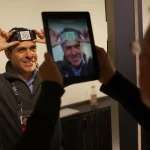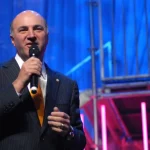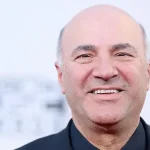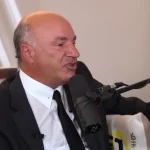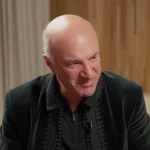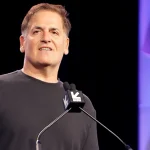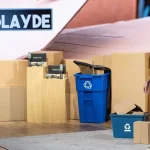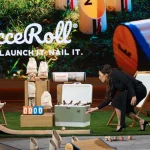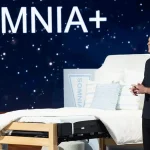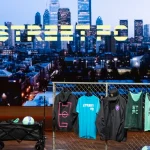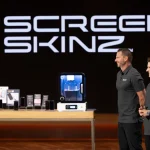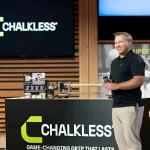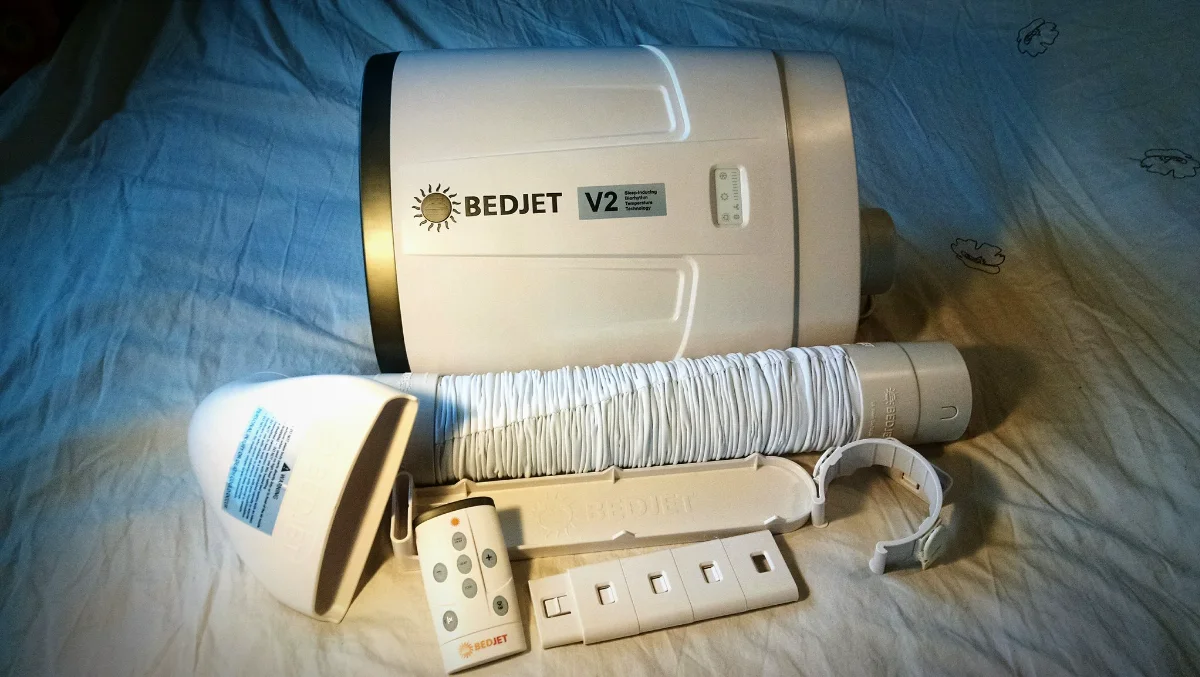
Even with all their success, there have been plenty of moments when a Shark passed on an idea that later turned into a massive win for someone else.
While many entrepreneurs are rightfully distraught over not securing a Shark on their side, some take this disappointment in their stride and use the Shark Tank effect and exposure to make the best of it.
Rejected Deals on Shark Tank That Turned into Success Stories
Much to some Sharks’ dismay, some of the pitches and products or businesses that they rejected went on to become thriving endeavors.
Being as successful and big as many of them are, there are several instances where a Shark missed out on a goldmine.
DoorBot
Probably the biggest business the Sharks could not sink their teeth into. DoorBot was a product for the future that the Sharks failed to recognize at the time.
Quick Facts
- Founder: Jamie Siminoff
- Product: Smart doorbell
- Investment Asked: $700,000 for 10% equity
None of the Sharks invested in DoorBot, which was later bought by Jeff Bezos’ Amazon in 2018 for more than $1 billion. The product went on to have a rebranding after its appearance on the show, and was renamed to “Ring.”
The company had attracted investments from big names like Richard Branson and Shaquille O’Neal before being bought off by Amazon.
It was a simple yet advanced and utilitarian product that offered a live video feed from the doorbell straight to your smartphone.
Kevin O’Leary did make an offer, but in his typical Mr. Wonderful fashion (demanding royalties).
Kevin had offered $700,000 for 5 percent equity. He also wanted a 10 percent royalty, which would drop to 7 percent after he made his money back.
Jamie Siminoff rightfully denied the offer since royalties were like signing an all-time death and debt warrant for his company at the time.
The Lip Bar
A business that all the Sharks ignored at the time, saying it was too generic to be marketed in a highly competitive industry. The Lip Bar went on to become a multi-million dollar beauty brand.
Quick Facts
- Founder: Melissa Butler
- Product: Vegan lipstick
- Investment Asked: $125,000 for 20% equity
Melissa received very harsh criticism from the Sharks during her pitch, especially from Mr. Wonderful. The rejection did not affect Melissa in any way, and today her products are sold in more than 5,000 stores across the country.
The company has a valuation of $30 million and generates somewhere around $5.5 million in revenue annually.
The Sharks overlooked the potential of a beauty brand built on vegan products, founded by a person of color, and created with people of color in mind.
Coffee Meets Bagel
The world probably does not need another dating app, but one that works on the model of connecting mutuals and friends of a friend? Maybe not so bad.
Quick Facts
- Founders: Arum Kang, Dawoon Kang, and Soo Kang
- Product: Facebook-based dating app
- Investment Asked: $500k for 5% equity
Unlike previous products, this one did receive appreciation from the Sharks. Mark Cuban offered $30 million to buy the entire business. This was also the largest offer made in Shark Tank history.
The three founding Kang sisters did not want to sell their passion project just yet, so they refused the offer. As of 2025, their net worth is estimated to be $150 million, with annual revenue somewhere around $36 million.
BedJet
What happens when you don’t even apply to be on Shark Tank but still get a call from producers? Because this is what happened to BedJet.
Quick Facts
- Founder: Mark Aramli
- Product: Temperature control device for beds
- Investment Asked: $250,000 for 10% equity
In spite of being invited by the show’s producers, Bedjet and Mark Aramli failed to get a deal from any of the Sharks as they considered his product too ostentatious and expensive (retailing at $499 at the time).
Although he did not get a deal, BedJet capitalized in full swing on the Shark Tank effect. Mark managed to raise the capital he was seeking by mortgaging his house and that got his business the kickstart it needed.
Bedjet is worth around $30 million in net worth, with annual revenue touching around $5.2 million as of 2025.
Chef Big Shake
Sharks are always apprehensive about investing in the food industry. Chef Big Shake may not have secured a deal, but Mark Cuban openly stated regret over not investing in it, which counts for something.
Quick Facts
- Founder: Shawn Davis
- Product: Frozen food products
- Investment Asked: $200,000 for 25% equity
All the Sharks passed on Shawn’s signature frozen shrimp burgers, albeit liking how they tasted. Shawn went on to catapult from the Shark Tank exposure into getting angel investors, which led his sales to grow to around $5 million.
For context, before the show, he had sold around 22,000 burgers for around $30,000 in revenue.
Shark Tank Failures Turned Into Massive Successes
These Shark Tank success stories are a big reminder that even seasoned investors can misjudge an opportunity. If one has faith in their product and business, a failed Shark Tank pitch is not the end of the world. If anything, it is only a platform to be utilized for exposure.
Confidence is key, and the above example pitches show that Sharks don’t always have the final word for success.


